
Johnny Ventura, legend of the Dominican merengue, dies
Diario Libre, a newspaper from Santo Domingo, described in one sentence the feelings of the Dominican people: "This Wednesday, the Dominican Republic lives one…
It was not only a sad day for the Dominican Republic, but the entire region that enjoyed and remembered several of Johnny Ventura's songs.
Ventura was synonymous with joy, with an explosion on stage, with self-confidence when he spoke. He was 100% Caribbean.
This reporter met him in Bogotá back in 1986 during one of his many visits to Colombia. The reason for our meeting was an interview to be published in Cromos Magazine. By then, he was a musical phenomenon and knocking on the doors of politics, which he never let go.
Ventura, 81, died in a clinic in the city of Santiago, in the north of the country, after presenting health problems while in a restaurant and suffering a heart attack.
The musician was known as the ‘Big Horse’ and remained a force in and out of the country. In the 60s, he began to brim with a very particular style, traditional themes and others with unparalleled mischief. He revolutionized merengue, adding brass and the strength of his orchestration. This made the traditional Dominican rhythm quickly cross borders, and even continents, and many learned to dance it overnight.
He made famous songs like "Patacón Pisao," "El Plebeyo," "Pitaste" and "Merenguero hasta la tambora," among many others. He was on the most important stages in the world. El Gran Combo de Puerto Rico performed "Trampolín" — one of his most successful compositions — and an undisputed part of the usual repertoire of ‘La Universidad de la Salsa.’ The one that says:
Cual prisionera perpetua
te encontré atada al fracaso
y creyendo en tus promesas de amor
yo te refugie en mis brazos.
RELATED CONTENT
Recuerdo que al encontrarte
llorabas desesperada
el dolor y la amargura mujer
de tu vida fracasada.
He was born in San Carlos, a neighborhood of the Dominican capital, on March 8, 1940. He was the son of a military man and a dressmaker. He was a gardener, bricklayer, photographer, and laborer. He became a lawyer as an adult and right after graduating from college, he studied speechwriting.
In 2014, he told the newspaper Listín Diario that he wanted to be an architect in his early teens, so he devoted himself to mathematics and physical sciences in the early years of high school. But the music was stuck to his skin and he abandoned the idea.
Among many awards from the music industry and elsewhere, he was recognized by U.S. Congress this year for his musical talent and work to improve the living conditions of Dominicans. The tribute was made on Feb. 24 in a virtual ceremony from the Capitol, called “Dominicans On The Hills,” which highlights the contributions to the immense Dominican community that lives in the United States.
This year, musician Johnny Pacheco, another illustrious son of the Dominican Republic, and father of the salsa movement and the creation of the Fania label, also passed away. Pacheco died on Feb. 15 at the age of 86.




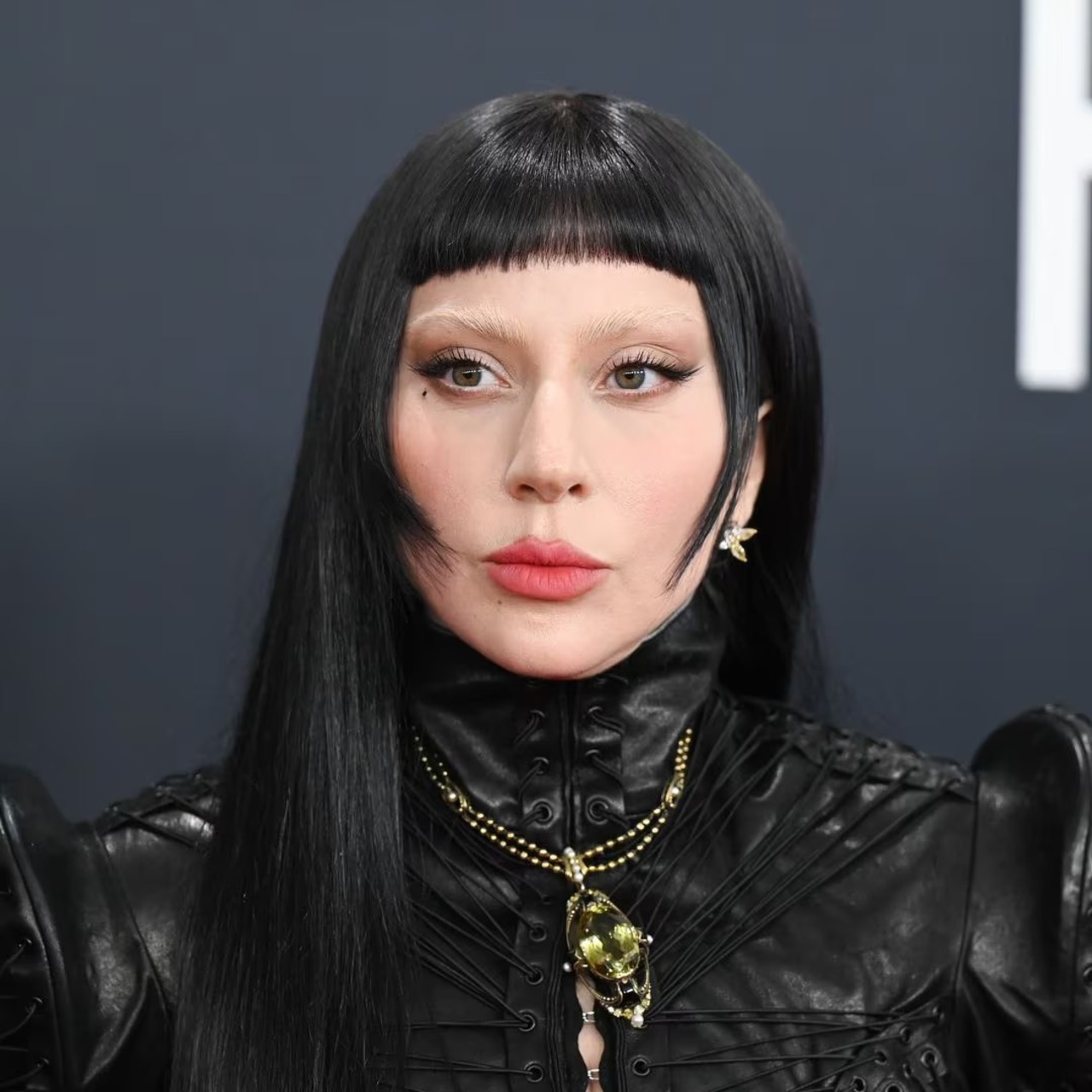
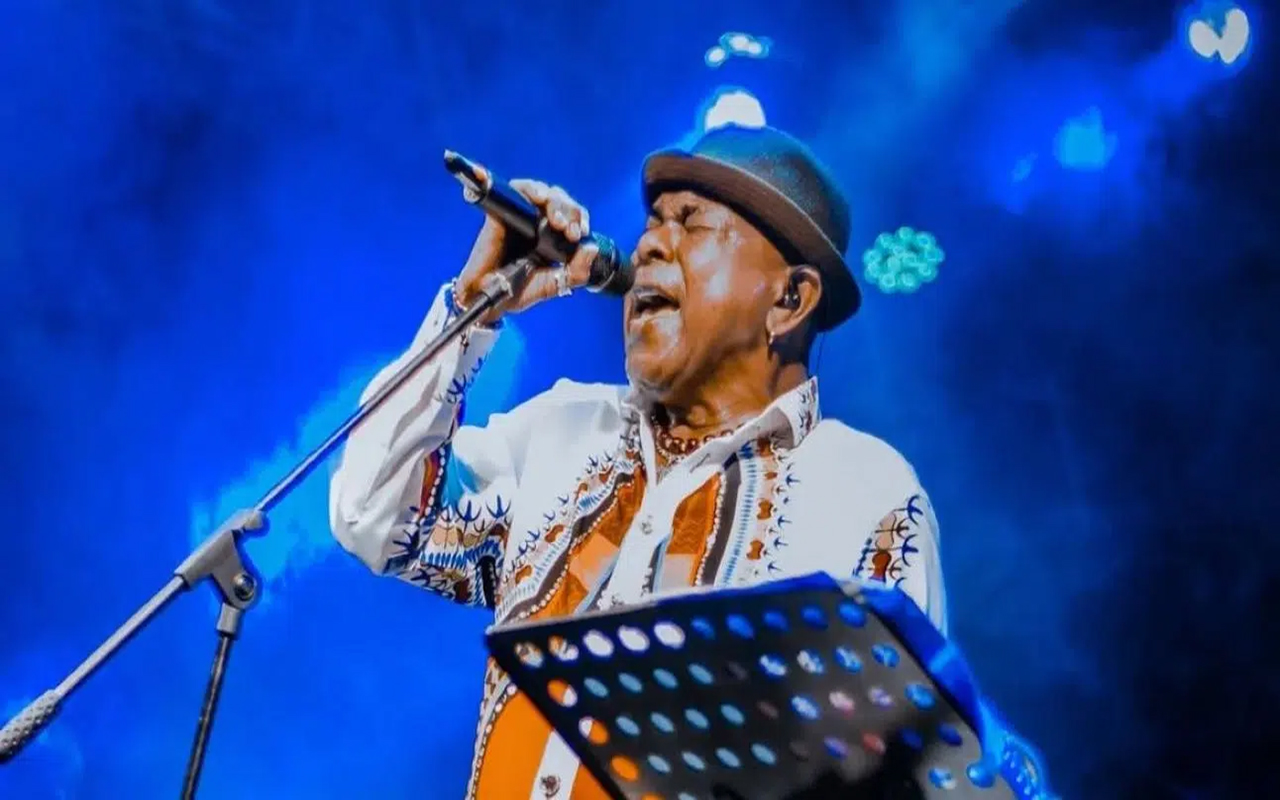

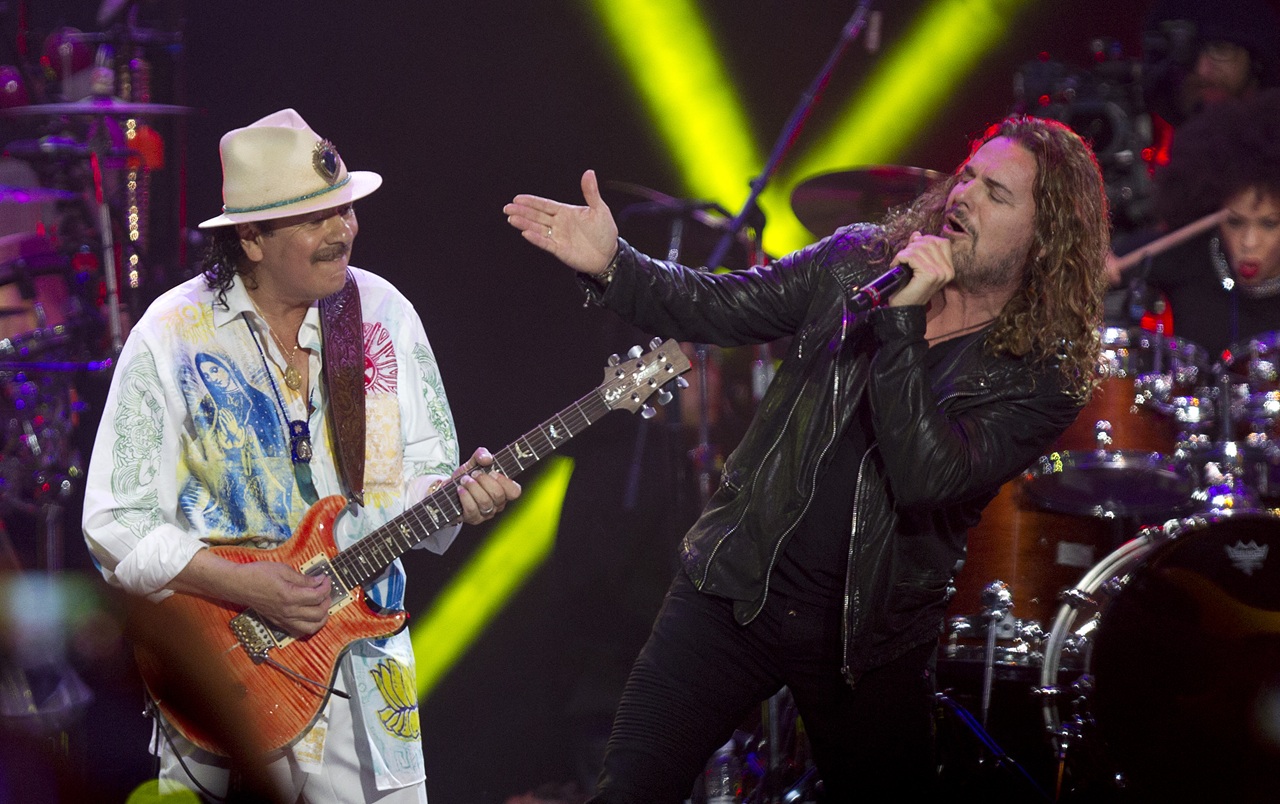

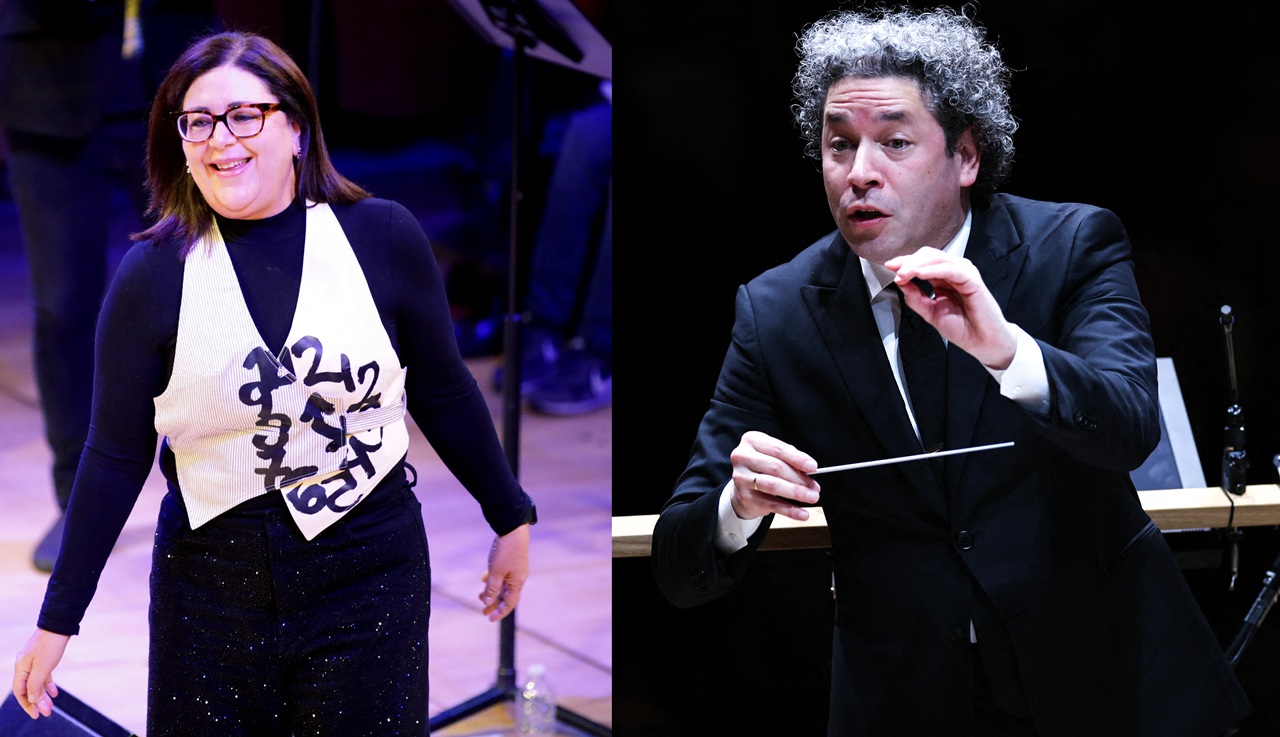
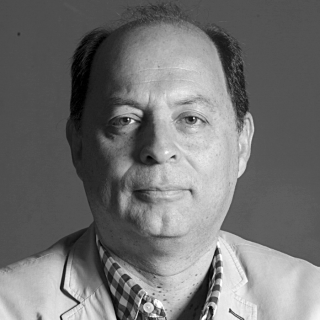
LEAVE A COMMENT: